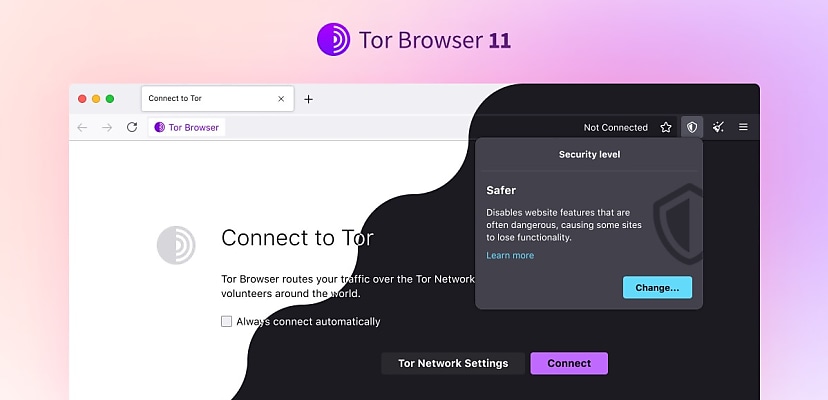Share this article on:
Powered by MOMENTUMMEDIA
Breaking news and updates daily.
Our personal data and browsing habits are constantly monitored and tracked by a range of entities.

To counter these threats to privacy, the Tor Browser has emerged as a powerful tool to protect users’ identities and keep their online activities anonymous. But how does this unique browser work?
Here are three key aspects you need to know about how the Tor Browser operates.
1. The basics of Tor
The Tor Browser – short for “The Onion Router” – is based on a decentralised network of volunteer-operated servers known as nodes or relays. When you use the Tor Browser, your internet traffic is routed through this network, and your data is encrypted and decrypted multiple times, just like the layers of an onion. This process makes it extremely difficult for anyone attempting to trace your online activities back to you.
When you access a website through the Tor Browser, your connection is bounced through several random Tor nodes before reaching its destination. As each node only knows the previous and the next node in the circuit, it becomes nearly impossible to track the origin of the data.
2. Anonymity and privacy
The primary advantage of the Tor Browser is the anonymity it provides. By obscuring your IP address and encrypting your data, it becomes challenging for websites, advertisers, or malicious actors to identify you or gather data on your browsing habits. This is particularly useful in countries where internet access is censored or restricted, as it allows users to bypass these restrictions and access information freely.
However, while Tor enhances privacy and anonymity, it is essential to remember that it is not a bulletproof solution. Using Tor does not guarantee complete immunity from surveillance or hacking attempts. It can protect your identity from most prying eyes, but users should still practice safe browsing habits and avoid sharing sensitive information.
3. Speed and limitations
One significant trade-off for Tor’s enhanced anonymity is a potential decrease in browsing speed. Since your internet traffic is routed through multiple nodes, it may result in a slower browsing experience compared to using regular browsers.
Additionally, not all websites are compatible with Tor. Some websites block access from Tor nodes to prevent abuse or attacks, and certain plugins and features you might find in mainstream browsers might not work.
Tor is a valuable tool for safeguarding your online privacy and anonymity, but it is not without its limitations. By understanding how the Tor Browser works and adhering to best practices, you can leverage its power to enjoy a more private and secure online experience.
Be the first to hear the latest developments in the cyber industry.